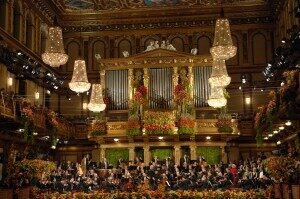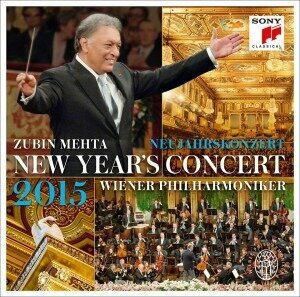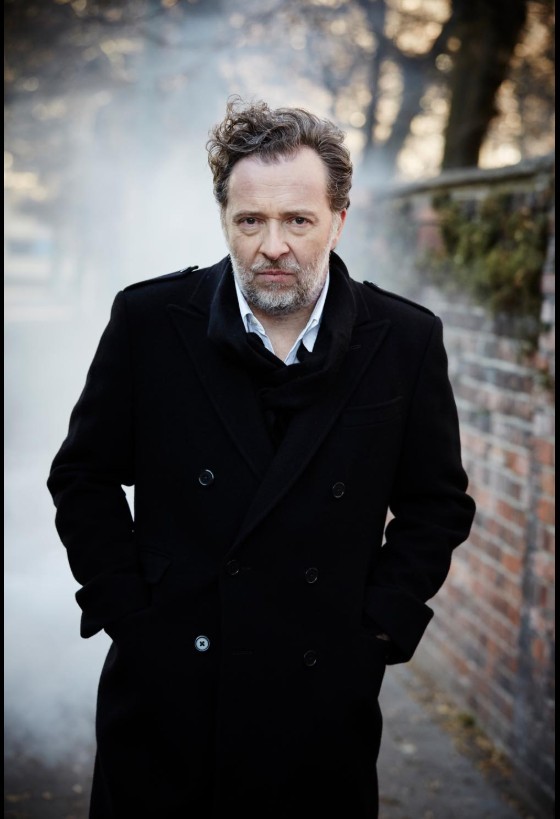
Credit: http://www.thirteen.org/
We all know that the New Year’s Concert of the Vienna Philharmonic has a rather checkered history, which is hardly surprising as it originated as an instrument of state propaganda during the Austrian Anschluss. In addition, the orchestra still continues to actively resist including a representative number of women players—not just the odd female for hire—on its regular roster. This has led to extended demonstrations abroad, and legal challenges brought by the Austrian Green Party at home. Since sexual discrimination is illegal under Austrian and European law, the orchestra was penalized with a huge funding cut; it is rumored that these funds have somehow found their way back to the orchestra, however. The matter is somewhat murky since the Vienna Philharmonic is private members club—not unlike the Augusta National Golf Club in Atlanta, Georgia—yet nevertheless receives underhanded governmental subsidies and huge revenues from television rights and sponsors.

Credit: http://p8.storage.canalblog.com/
What is troubling, however, is that the orchestra has cited excessively high fees charged by the publisher as the grounds for the withdrawal of the work. Why this silly subterfuge from one of the richest orchestras in the word? What is so difficult about saying that it simply does not fit the program concept for a particular event? The uneasy answer can only be supposed by the notion that the orchestra itself actually believes to be a personified part of the glorified cultural construct they are creating. The college student donning a Mickey Mouse mask and giggling uncontrollably for hours on end does not actually believe to be Mickey Mouse, at least I hope not. For one, the orchestra needs to stop making feeble excuses for their choice of repertory. I don’t see the LSO apologizing for not scheduling works by Bright Sheng or the New York Philharmonic neglecting Giorgio Ghedini on the 50th anniversary of his death. Given the daily atrocities committed around the world, we might indeed be thankful that the orchestra does take us, at least for a short period of time, into the magical world of the musical fairytale. However, it is high time to recognize that this enchanted word is, and always has been, confined to the concert hall. You don’t have to take my word for it, just take a short walk after the Viennese New Year’s Concert across the adjacent Karlsplatz—the center of the Viennese heroin trade—and you will quickly realize that reality looks decidedly different.
Jean Sibelius: Valse triste, Op. 44, No. 1


